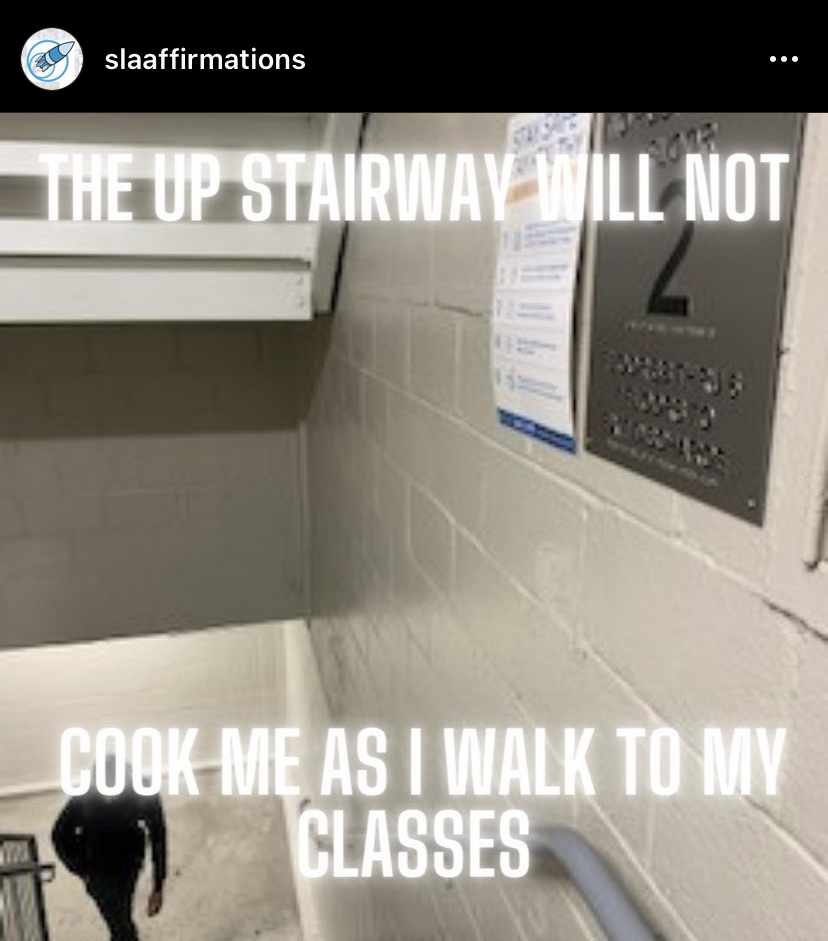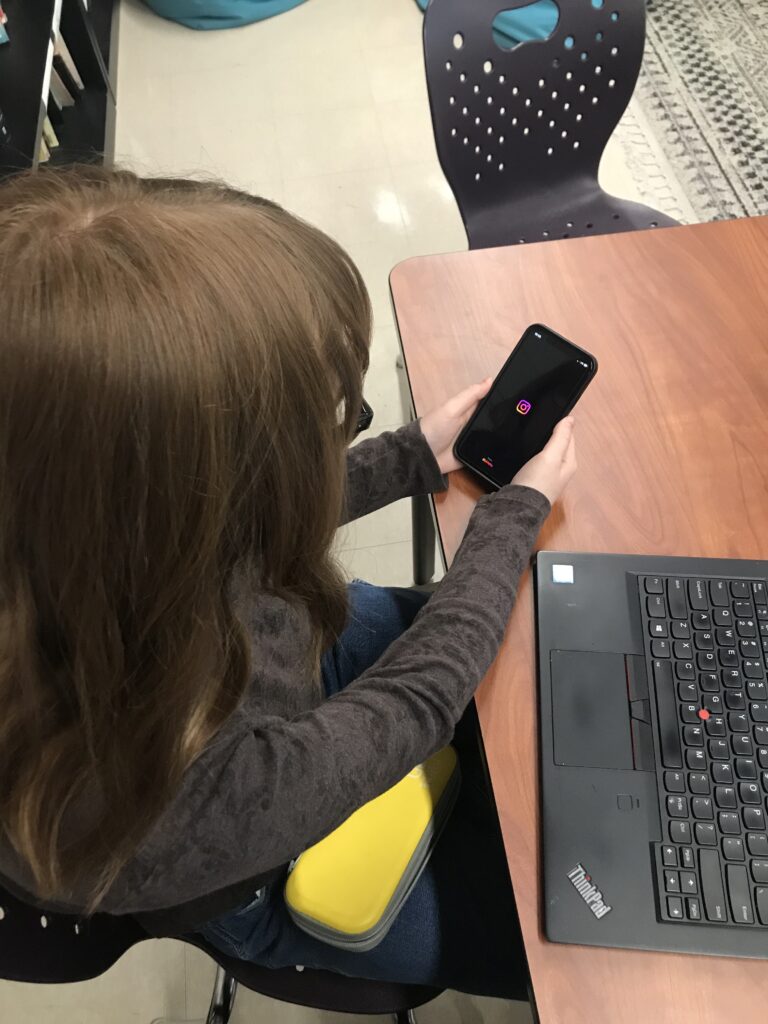Claire Powell
Staff Writer
We all have stress, but why does it affect us in such harmful ways? Sleeping, eating, and even speaking can become more difficult when levels of stress are elevated. Over the course of these past two years, our stress levels have heightened to new areas because of the pandemic. Being a student in highschool, the pandemic was certainly not an easy thing to get through. I felt as though my world had been swept up around me, and all of these events formulated into stress. I believe that a lot of students have been going through a steeper anxiety or depression since the pandemic. This week was the mark of two years since the start of the Covid-19 pandemic. As cases drop, so do our mask mandates. Does this also affect our stress?
When people undergo traumatic experiences of stress, their bodies go through changes that include producing higher than normal levels of stress hormones like cortisol, adrenaline, epinephrine and norepinephrine. These changes of levels can be helpful for a short period of time. Hormones give us the energy to power through difficult situations. However, these hormones are not meant to stay at high levels for long periods of time and eventually, can harm our bodies. This is what causes physical signs of stress and anxiety. “Our bodies were not designed for the kinds of stressors that we face today,” said Christina Maslach, a social psychologist at the University of California, Berkeley.
When covid first struck, I was isolated with the same people, in the same environment, for months. My mom, dad, and brother were the only three faces I saw for a while. We were constantly arguing about stupid little things. Being cooped up in a small house, we are always running into each other. I felt like I could not escape my family. Mentally, I was not okay. Neither were any of my friends. Piper, a senior at SLA says, “ At first I was a little confused. Thinking about school and how life would change was really stressful….” Piper says that in the recent months she has been a little less stressed with covid slowing down. “But it’s still stressful with these new variants happening all the time and not knowing what it’s gonna look like in the future is a bit stressful.”
Responses to the Times article about stress reactions say almost the same thing. One student from Baldwinsville NY says, “My body does not handle stress well. When I am stressed I tend to become shaky and get a stomach ache. I often can’t sleep and feel fatigued due to stress. I have anxiety which makes me worry about things I probably don’t need to stress about.”
It’s important to realize that many people are going through stressful times right now. Everyone experiences stress in different ways, but it still affects us all. While I’m no longer stuck at home with my 3 other family members, I still experience stress as the pandemic continues to go on. With college in the near future, I am hopeful that we will return to normalcy, or at least as much as possible.

